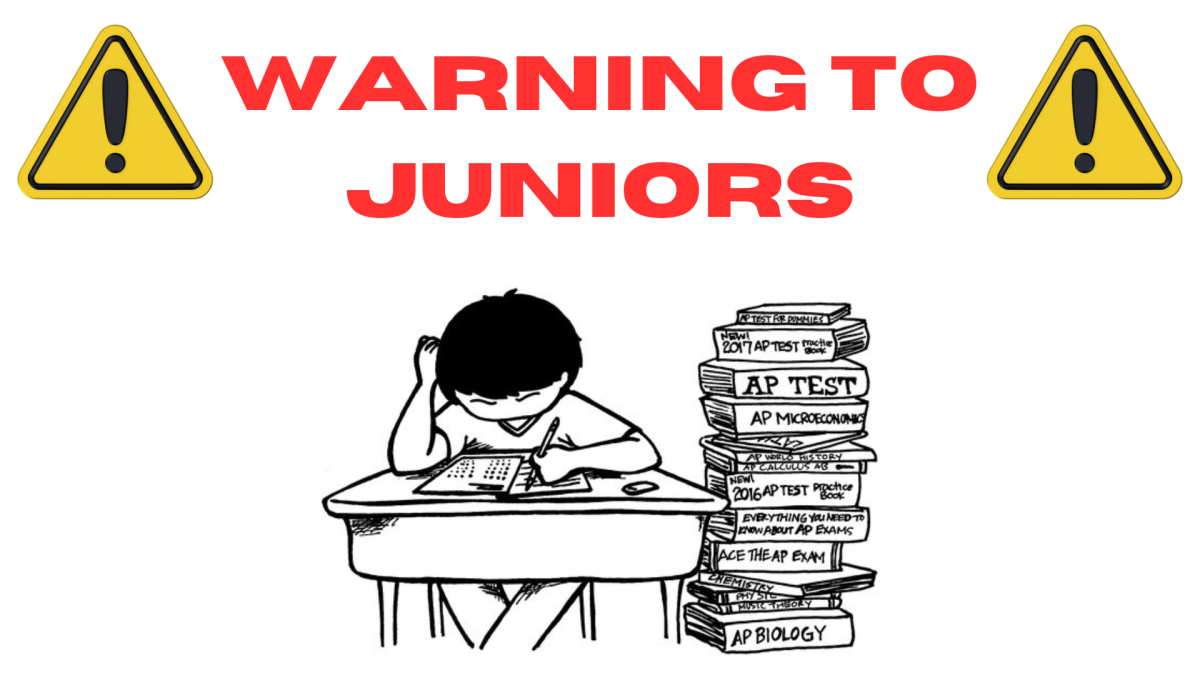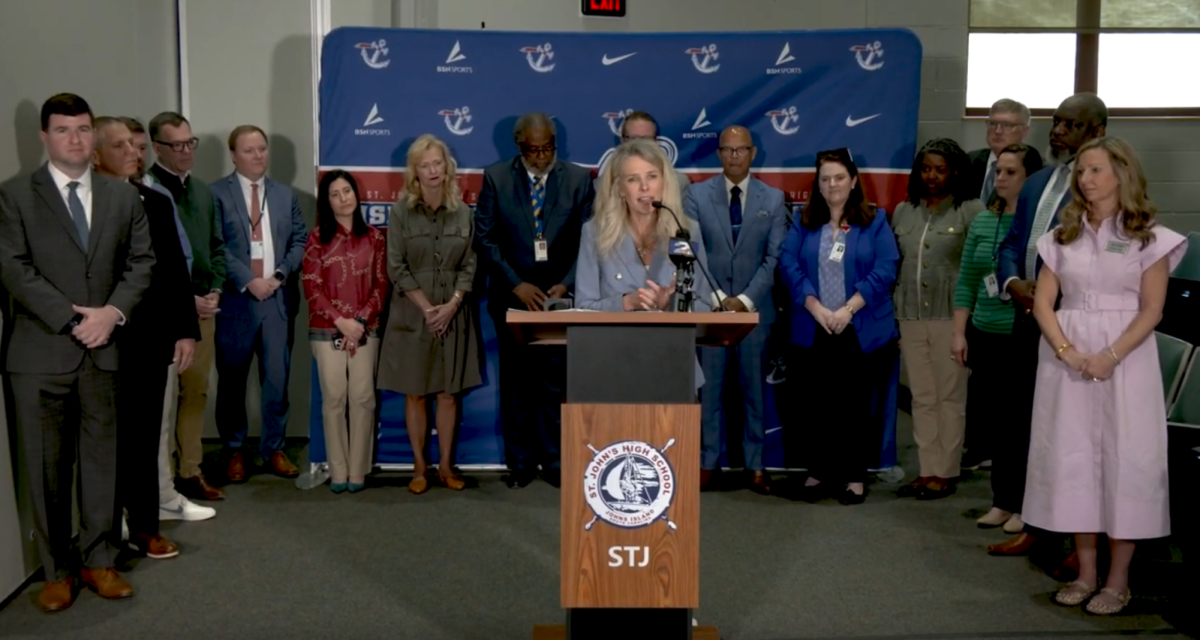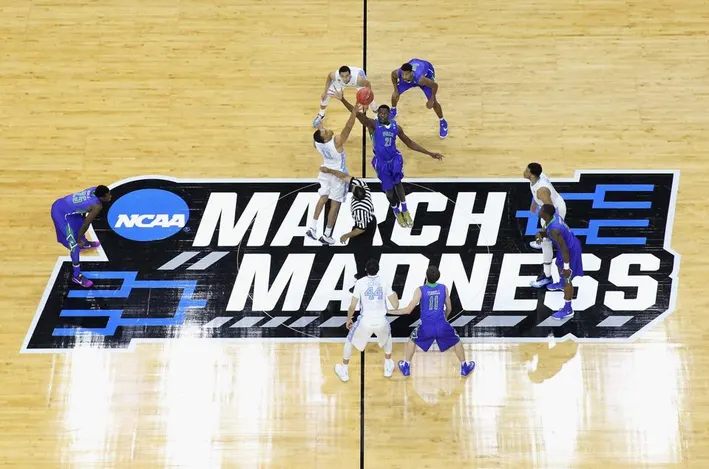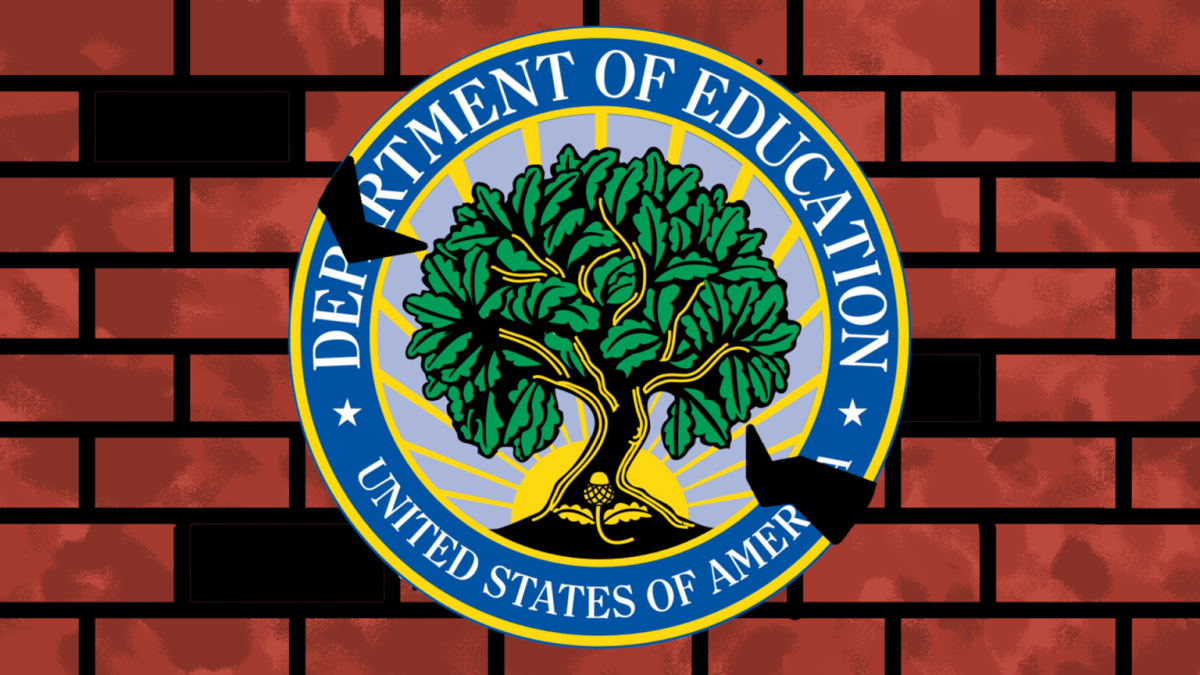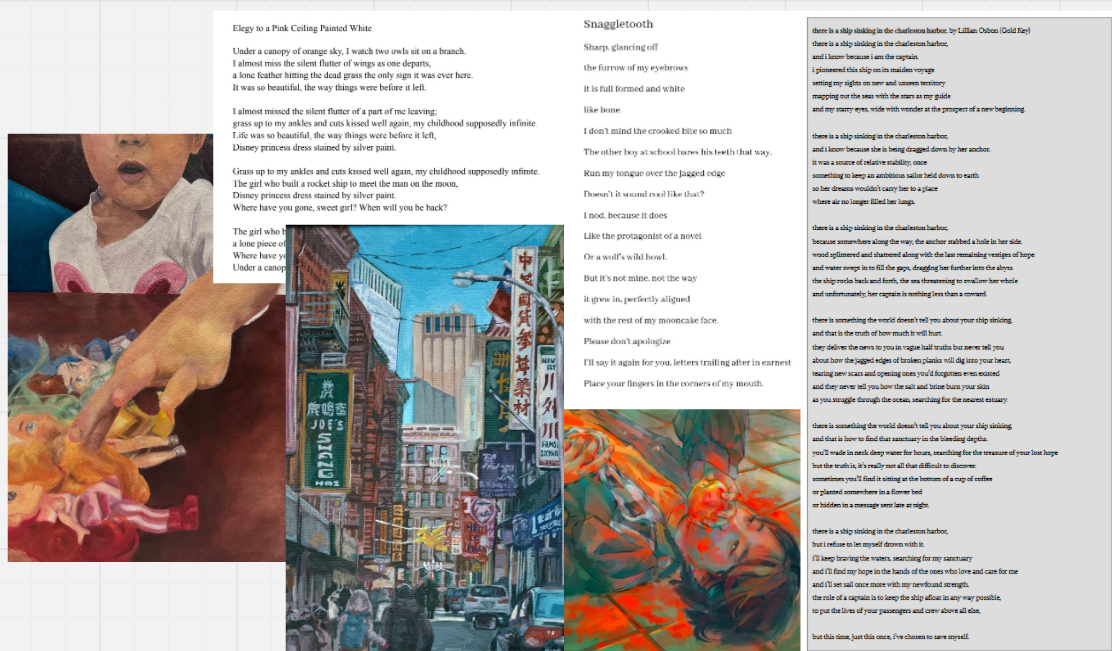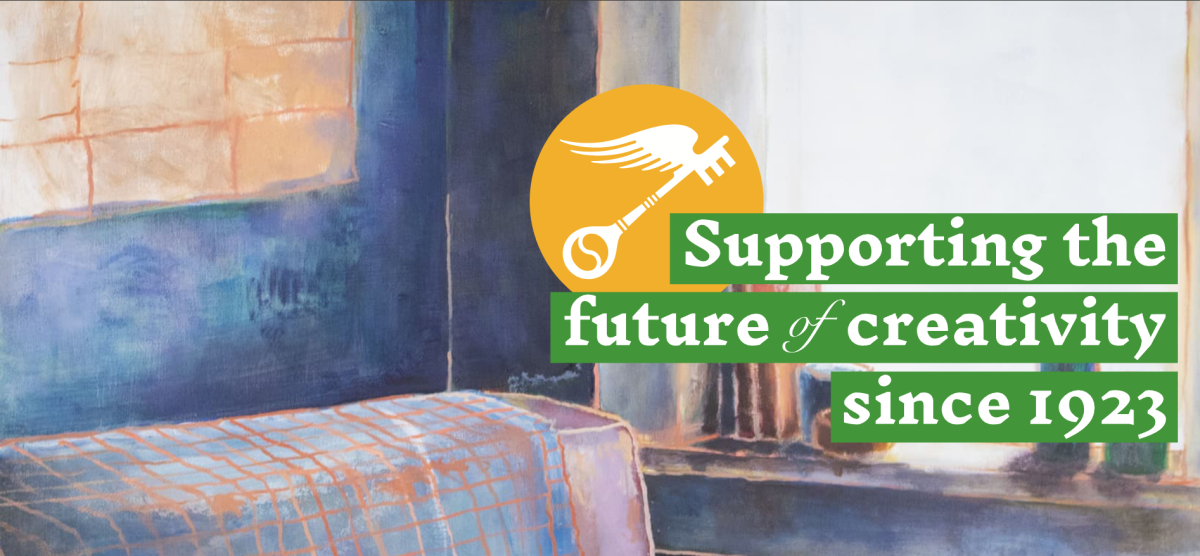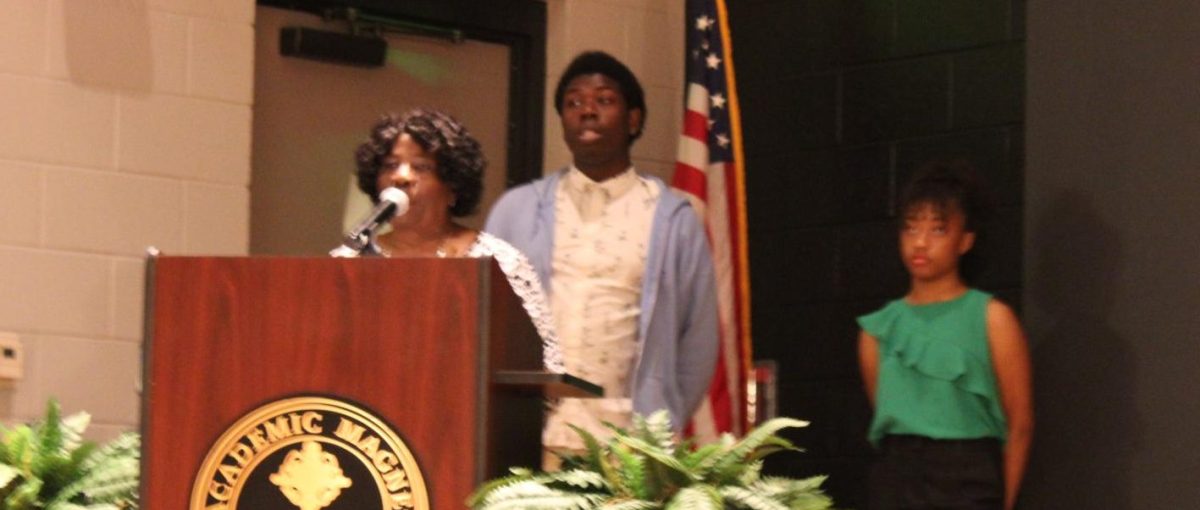There has been a lot of buzz recently about the cell phone ban – with the new restrictions on when and where we can use it and the increase in referrals with people trying to get around it, it’s been the talk of the school for the last two weeks. A large majority of students here at Magnet are understandably outraged, as this does seem like a major violation of our rights. However, phone bans are nothing new – the topic has been broached by many state governments all over the nation, and South Carolina is not the first to pass a ban on cell phones in schools. Not all states have the same restrictions and regulations, and the enforcement of them varies by district the same way it does here in SC. With the increasing number of states implementing phone bans, it is definitely worth it to take a look at some of the other ones.
To understand the ways that the SC cell phone ban compares to others, it is important to first understand the way the ban works. In South Carolina, students are allowed to have their phones on them, but they must be out of sight and stored in the district-designated locations. Districts also have the ability to ban phones on school property as a whole, and these restrictions can be extended to school bus rides and field trips. Exceptions to this rule exist, but only for students with plans that require medical devices, and other devices such as smartwatches and headphones are strictly prohibited. Teachers here at Magnet are not allowed to request exceptions to these rules for the month of January.
According to the publication Campus Security Magazine, ten total states have introduced laws that restrict students’ access to their phones in class. Additionally, many other districts have implemented local policies regarding the subject. Of these ten states, there are only a few with laws that actually restrict access to phones during the day – those being Florida, Indiana, Louisiana, California, Virginia, and our very own South Carolina.
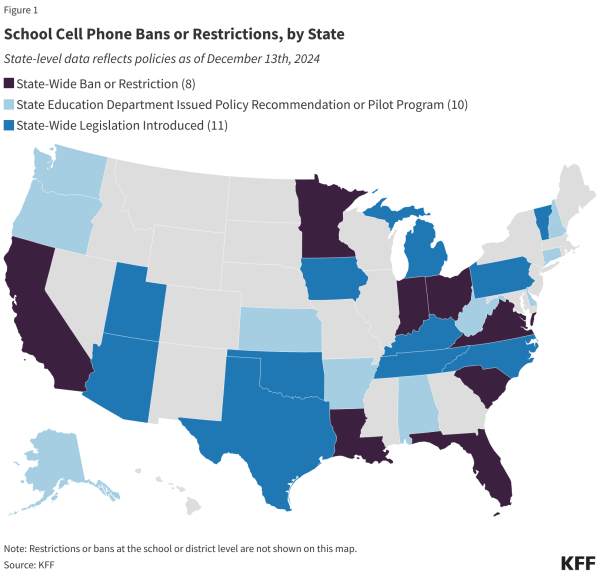
Florida was the first to implement a cell phone ban, introduced at the beginning of the 2024-25 school year. According to the legislation, similar to South Carolina, students can have their phones on school property but are not allowed to use them without explicit permission. Students are allowed to use their phones in emergencies, which was a top concern for parents in the district. However, implementation has reportedly been inconsistent, and teachers are struggling with the fact that phones can be useful tools for schoolwork. Students here at Magnet have run into a similar barrier, as the internet here can be finicky from time to time and personal hotspots were a great help for students who did not have internet access. Another thing Florida teachers are worried about is that the ban is not teaching their students to interact with technology in a healthy way.
Another state with a similar (but somehow more restrictive) ban is Indiana, which banned any wireless device during class time – including phones, gaming devices, and personal laptops. Students in Indiana are also allowed exceptions for medical reasons, but in a similar vein, headphones are banned there as well. As a result of these restrictions, teachers have reported that their classrooms seem louder and livelier – a change that has yet to be seen here at Magnet, though there is still room for change given that it has only been two weeks.
The third state with a current phone ban is Louisiana, with a law passed in May of 2024. Similar to Florida, the ban went into effect at the start of the 2024-25 school year. Much of the Louisiana policy mirrors local district policies in the state, and students are allowed to carry their phones on them in case they need them for extracurricular activities. The only hard rule is that phones need to be off and away for the entirety of the school day. Their policy is very similar to the ones established in SC and enforced by CCSD.
In 2024, the governor of Virginia issued an executive order to push school districts into banning phone use in the classroom. The resulting law of this went into effect on January 1, 2025, and has different levels of restriction for each level of schooling. Elementary school students are not allowed to use them on school grounds at all, middle school usage before and after school is up to the district, and high schoolers are allowed to access their phones before and after school but not during the day. In contrast, the SC phone ban has consistent laws for all levels of school. However, as with all the previous bans, the Virginia ban offers medical exemptions for students with 504 plans and IEPs.
Other states are working on legislation to ban cell phones in schools – California was one of the most recent to pass a law, signing the bill on September 23 for enforcement to begin in the 2026-27 school year. Though there is no current data on how it will be enforced, the law leaves room for medical exemptions. Ohio, Oregon, Alabama, and Connecticut have encouraged their school districts to implement policies that limit cell phone use in the classroom, and Minnesota is requiring them to make rules to prevent phone use overall. Delaware, Pennsylvania, and Arkansas have also given their school districts funds to buy resources to limit cell phone use, but there have been no hard rules put in place. Colorado has not instituted a formal ban, instead choosing to take a different approach – Phil Weiser, the Attorney General, is offering $50,000 in funding to any school district that restricts cell phone use in classrooms (a stark contrast to the South Carolina legislation, where a ban is required for continued funding).
Overall, the nationwide perspective on phones is shifting, and more and more schools are bound to implement cell phone bans. As disheartening as it seems, these rules will become more commonplace with time, and there’s very little chance that they’ll be repealed. The only thing left to do is adapt to them – and hopefully, that adaptation will help us live more in the present.
Sources:
https://www.npr.org/2024/04/03/1240667966/indiana-bans-cell-phones-schools-social-media-distraction
https://www.npr.org/2024/09/10/nx-s1-5105976/indiana-school-cellphone-ban-students-teachers



